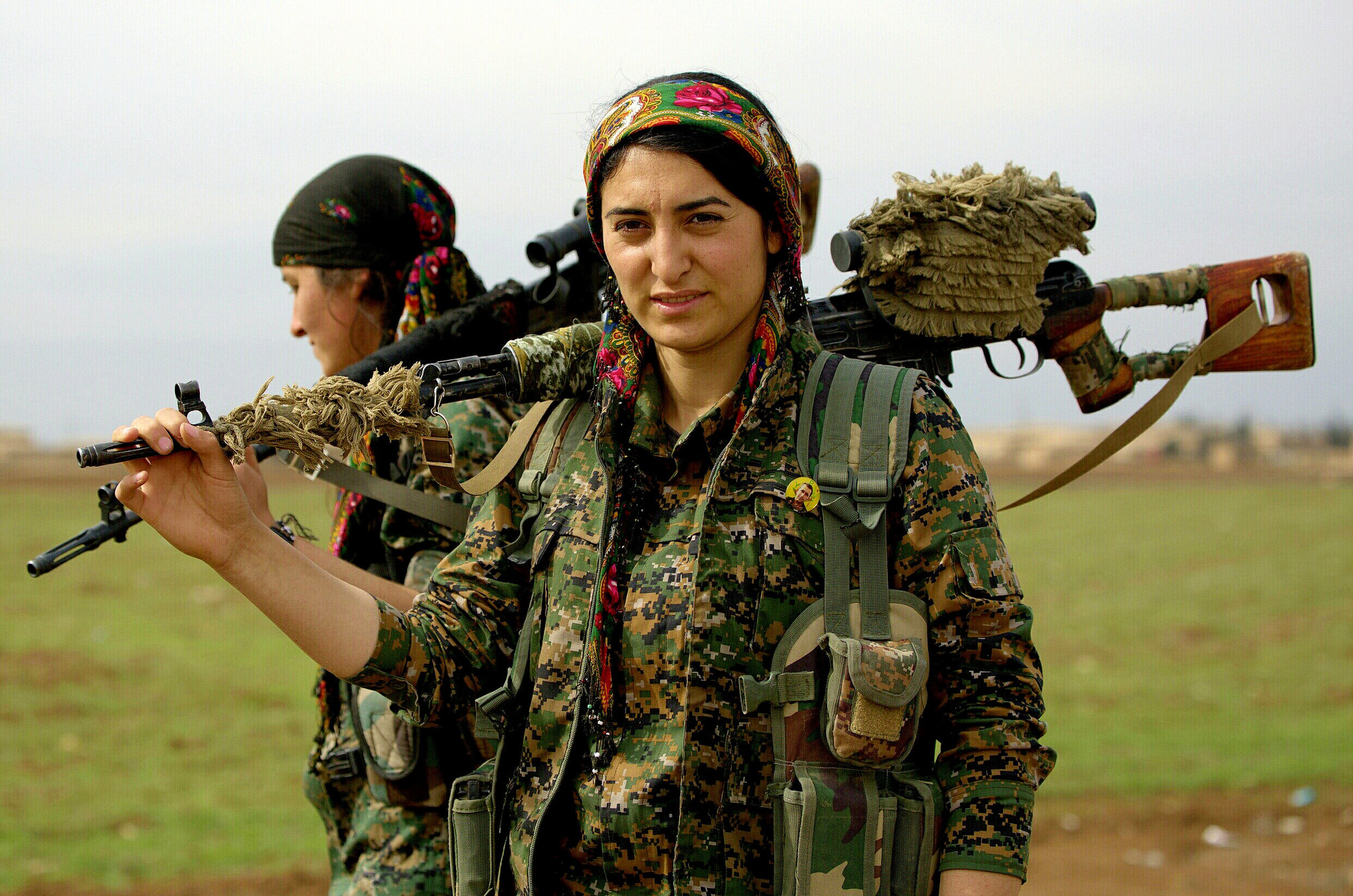Escalating Conflict in Northern Syria: 37 Killed in Manbij as Turkish and Kurdish Forces Clash

In Syria's northern Manbij region, intense battles between Turkish-backed factions and Kurdish-led Syrian Democratic Forces (SDF) left at least 37 people dead on Thursday, according to the Syrian Observatory for Human Rights (SOHR), a UK-based war monitor. The violence, which has continued for weeks, comes despite efforts by the United States to prevent further escalation.
The conflict, marked by air strikes and ground battles, primarily involved the National Army factions, which are backed by Turkey, and the SDF. The SOHR reported that the Turkish airstrikes targeted Kurdish positions in the countryside surrounding Manbij. The casualties included 22 Turkish-backed combatants, six fighters from the SDF, and five civilians. Since the start of fighting in the Manbij area last month, at least 322 people have died, underscoring the escalating scale of the violence.
Despite diplomatic efforts, including a statement from Mazloum Abdi, leader of the SDF, who expressed support for Syria's territorial integrity and called for a ceasefire, hostilities continue. Abdi’s appeal followed a “positive” meeting between Kurdish leaders and Syrian government officials in late December, signaling a possible shift in alliances within the complex conflict.
The current violence is part of a broader struggle for control over northern Syria, which has been divided between various factions since the outbreak of the Syrian Civil War in 2011. Kurdish forces, mainly the People's Protection Units (YPG), have controlled large parts of the oil-rich northeast, gaining de facto autonomy during the course of the war. The SDF, which is primarily composed of Kurdish fighters, played a key role in the defeat of the Islamic State (ISIS) in Syria in 2019, with the backing of the United States.
However, Turkey views the YPG as an extension of the Kurdistan Workers' Party (PKK), a group that has waged an insurgency against Turkey for decades. Ankara considers the PKK a terrorist organization and has conducted multiple military operations against SDF positions since 2016.
Turkey’s recent threats of further military action against the SDF, unless they accept Ankara’s terms for a "bloodless" transition after the potential fall of Syrian President Bashar al-Assad, have added further tension to the volatile situation. Turkey demands that Kurdish forces either withdraw from the region or face an escalating offensive.
On Wednesday, US Secretary of State Antony Blinken acknowledged Turkey's "legitimate concerns" regarding PKK militants operating within Syria but urged for a resolution that would avoid further conflict. Blinken emphasized that a resolution in Syria should include the departure of "foreign terrorist fighters," and warned that escalating violence would undermine the ongoing efforts for peace and stability in the region.
The United States has been trying to mediate between its NATO ally Turkey and the Kurdish forces, urging both sides to avoid a full-scale confrontation. However, despite these diplomatic efforts, Turkey has continued to pressure Kurdish forces, and the conflict remains deadlocked.
The situation in northern Syria remains precarious, with the ongoing battles threatening to destabilize an already fragile region. The Kurdish-controlled northeast continues to face Turkish incursions, while Kurdish leaders and the US seek a balance between protecting their territorial gains and avoiding further military confrontations with Turkey.
As the conflict drags on, the death toll continues to rise, and the humanitarian crisis deepens. The international community, particularly the US and its allies, face a difficult task in brokering a lasting ceasefire and ensuring that the diverse interests in the region are addressed. However, with tensions running high and little sign of a breakthrough, the path to peace remains uncertain.
The situation in Manbij is just one example of the broader struggles in northern Syria, where competing regional and international interests have fueled prolonged conflict. As this complex war continues to unfold, the lives of countless civilians remain at risk, and the prospects for peace appear increasingly remote.
 Latest news
Latest newsGreece Plans to Exclude Turkiye from Future Defense Contracts
20.Feb.2026
U.S.-Based Mars Launches Major Investment Project in Kazakhstan
20.Feb.2026
Parliamentary Elections 2026 in Armenia as a Geopolitical Referendum
20.Feb.2026
Russia and Ukraine Fail to Reach Agreement in Geneva
19.Feb.2026
The South Caucasus in U.S. Foreign Policy: Implications of High-Level Visits for Russian and Chinese Regional Aspirations
18.Feb.2026
Ukraine Imposes Personal Sanctions on Belarusian President Alexander Lukashenko
18.Feb.2026
72% Against the Authorities: Economic Dissatisfaction Hits Record Levels in Turkiye
17.Feb.2026
Bulgaria Strengthens Defense: First American Stryker Vehicles Delivered
17.Feb.2026
Moscow Criticizes Plans to Build a U.S.-Backed Nuclear Power Plant in Armenia
16.Feb.2026
Washington expects Tbilisi to strengthen ties amid regional changes
15.Feb.2026

 28 Feb 2026
28 Feb 2026









